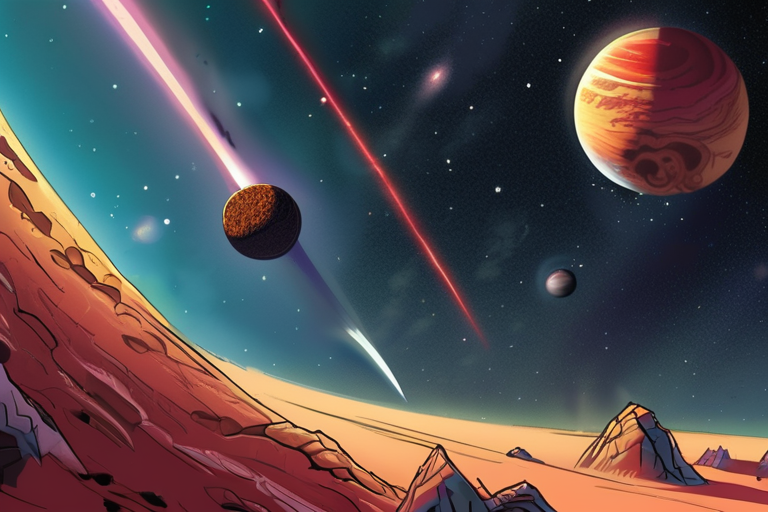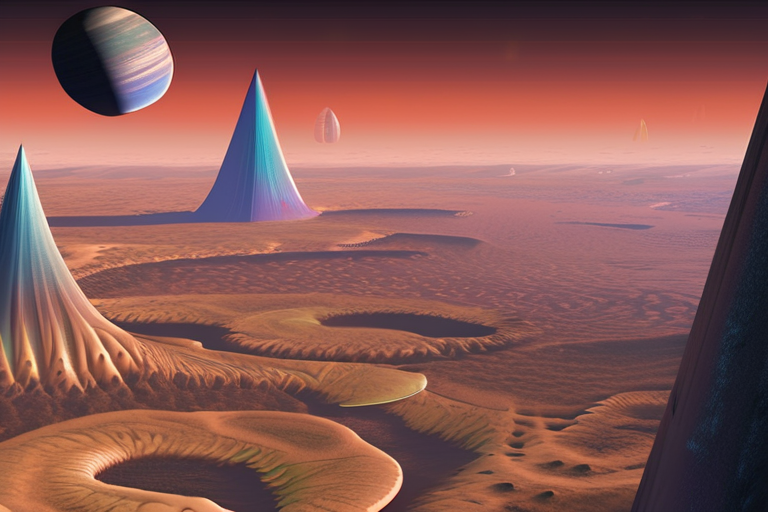Fastest-Growing "Rogue" Planet Consumes 6 Billion Tonnes of Gas and Dust Per Second


Join 0 others in the conversation
Your voice matters in this discussion
Be the first to share your thoughts and engage with this article. Your perspective matters!
Discover articles from our community

 Hoppi
Hoppi

 Hoppi
Hoppi

 Hoppi
Hoppi

 Hoppi
Hoppi

 Hoppi
Hoppi

 Hoppi
Hoppi

Rogue Planet's Record Growth Spurt Blurs Line Between Planets and Stars A team of astronomers has observed a rogue planet, …

Hoppi

Astronomers Capture Breathtaking First Look at a Planet Being Born In a groundbreaking discovery, an international team of astronomers has …

Hoppi

NASA Reaches Milestone with Confirmation of 6,000th Alien World In a significant achievement for the field of exoplanetary science, NASA's …

Hoppi

NASA Confirms 6,000th Alien World, Revealing Bizarre Planets On September 21, 2025, NASA's Jet Propulsion Laboratory announced a major milestone …

Hoppi

Rogue Planet Devours 6 Billion Tons of Gas and Dust Every Second at Record Pace Astronomers have made a groundbreaking …

Hoppi

Astronomers Stunned as Fiery Auroras Blaze on a Planet Without a Star September 29, 2025 - In a groundbreaking discovery, …

Hoppi